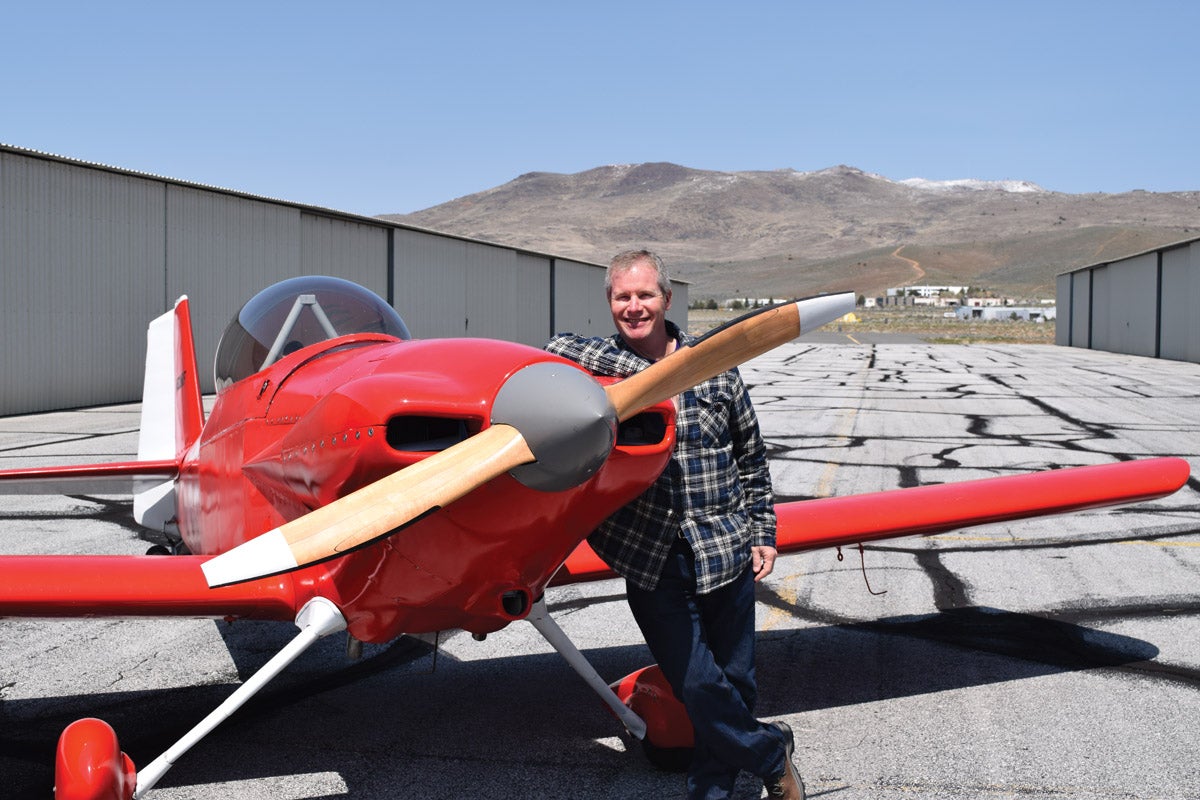Expert Maintenance Tips for Experimental Plane Owners
As an enthusiastic owner of an experimental aircraft, ensuring the safety and reliability of your plane is paramount. These unique aircraft, often crafted from kits or built entirely from scratch, require meticulous attention to detail and a solid understanding of aviation maintenance principles. In this article, we delve into expert maintenance tips designed to help you keep your experimental plane in top condition, ensuring each flight is as safe and enjoyable as the last.
Keeping Your Experimental Aircraft in Prime Condition

Maintaining an experimental aircraft demands a proactive approach due to their unique nature. Unlike certified aircraft, experimental planes may not always benefit from the standardized maintenance schedules and guidelines provided by manufacturers. Therefore, owners must develop a comprehensive maintenance plan tailored to the specific needs of their aircraft. This includes routine inspections and adhering to any guidelines provided by the kit manufacturer or designer. By doing so, owners can ensure their planes remain airworthy and safe to operate.
Regular inspections are the backbone of keeping an experimental aircraft in prime condition. Conducting pre-flight and post-flight checks allows owners to identify and address potential issues before they escalate. These inspections should include a thorough examination of critical components such as the engine, control surfaces, and fuel system. Special attention should be given to any custom modifications or unique features that may not be covered in standard checklists. By maintaining a detailed logbook of these inspections and any repairs undertaken, owners can create a valuable resource for tracking the aircraft’s maintenance history.
Proper storage and care of your experimental aircraft when not in use is equally important. Exposure to the elements can accelerate wear and tear, especially if the plane is constructed from composite materials. Storing the aircraft in a hangar or using protective covers can shield it from environmental factors like moisture, UV rays, and temperature fluctuations. Additionally, it’s crucial to keep the aircraft clean, as dirt and debris can obscure potential maintenance issues and lead to corrosion. Regularly washing and waxing the plane not only preserves its aesthetic appeal but also contributes to its longevity and performance.
Essential Maintenance Tips from Aviation Experts

Aviation experts emphasize the importance of using high-quality components and materials when performing maintenance on experimental aircraft. Unlike commercial airplanes, the onus is on the owner to ensure that any replacement parts meet the necessary safety standards. Investing in certified parts from reputable suppliers can significantly reduce the risk of critical failures. Moreover, consulting with experienced builders or mechanics who specialize in experimental aviation can provide valuable insights and recommendations tailored to your aircraft.
Another key tip from experts is to stay informed and up-to-date with the latest developments in aviation technology and maintenance techniques. Joining forums, attending workshops, and participating in aviation clubs can offer learning opportunities and access to a community of like-minded individuals. These networks are invaluable for sharing experiences, troubleshooting issues, and gaining practical advice from fellow experimental aircraft owners and aviation professionals. Continuous education ensures that owners remain equipped to handle the unique challenges of maintaining their planes.
Lastly, experts recommend establishing a strong relationship with a certified aircraft mechanic. Although the owner-builder is often responsible for maintenance, having a professional perform regular check-ups or assist with more complex repairs can be a wise decision. A certified mechanic can provide an unbiased assessment of the aircraft’s condition and help identify potential issues that may not be immediately apparent to the owner. This partnership not only enhances the safety and reliability of the aircraft but also provides peace of mind, knowing that the plane is in capable hands.
Maintaining an experimental aircraft requires dedication, knowledge, and an unwavering commitment to safety. By following these expert tips and maintaining an active role in the upkeep of your plane, you can ensure that your experimental aircraft remains a source of joy and adventure for years to come. Whether you’re a seasoned aviator or a newcomer to the world of experimental aviation, these maintenance strategies serve as a solid foundation for ensuring your aircraft’s performance and longevity.



